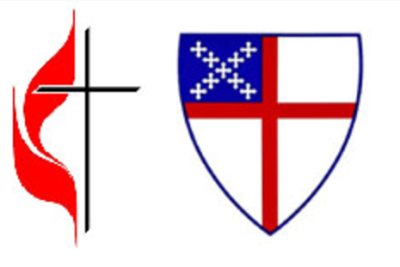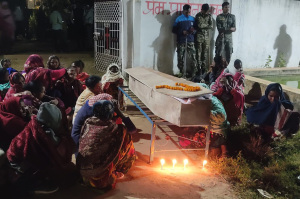Episcopal-Methodist partnership on hold amid UMC General Conference delay

Plans to create a full communion partnership between The Episcopal Church and The United Methodist Church have been put on hold again due to the UMC postponing its General Conference.
Last week, the UMC General Conference organizers announced that they were delaying the General Conference to 2024, reportedly due to the ongoing COVID-19 pandemic.
As a result, the UMC has once again delayed a vote on a resolution approved by the Council of Bishops in 2019 that, if passed at General Conference, would create a “full communion” agreement with The Episcopal Church.
Such an agreement would include officially acknowledging each other as partners in ministry, recognizing each other’s baptism and communion sacraments, and the sharing of clergy.
The measure was originally slated for a vote at the 2020 UMC General Conference; however, the pandemic prompted the large churchwide legislative gathering to be postponed multiple times.
At a recent meeting of the Episcopal Church’s General Convention Committee on Ecumenical and Interreligious Relations, members recommended delaying action until the UMC resolves its decadeslong debate over LGBT issues, the Episcopal News Service reported.
The UMC Book of Discipline presently adheres to the biblically-based position that homosexuality is “incompatible with Christian teaching” and prohibits the blessing of same-sex unions and the ordination of non-celibate homosexual clergy.
Many theological conservatives have already expressed their intention of leaving the UMC to form their own denomination, allowing theological liberals the opportunity to change the denomination’s official stance.
Last Thursday, the UMC Commission on General Conference announced that it was again postponing its General Conference to 2024, having previously rescheduled it to take place in August.
Commission Chairperson Kim Simpson said in the announcement that the decision was “an exceedingly difficult one” that came from “a fair, thorough, integrity-filled discussion of the alternatives.”
“The visa issue is a reality that is simply outside our control as we seek to achieve a reasonable threshold of delegate presence and participation,” stated Simpson.
“Ultimately, our decision reflects the hope that 2024 will afford greater opportunity for global travel and a higher degree of protection for the health and safety of delegates and attendees.”
Conservatives, among them the Institute on Religion & Democracy’s UM Action, denounced the decision to postpone again as “extremely unwise and potentially destructive.”
“The Commission’s majority and those who pressured them into this destructive path will provoke confusion, more church division, and litigation in which there are no winners,” stated UM Action.
The Global Methodist Church, a theologically conservative body set up to be the alternative to the UMC once a separation is approved, announced that it was officially launching, having decided to no longer wait until the next General Conference takes place.
“It is anticipated that some theologically conservative local churches will find annual conferences willing to negotiate fair and just exit provisions, while others will, unfortunately, face obstacles placed in their paths,” stated the GMC.
“The Transitional Leadership Council decided it was time to launch the Global Methodist Church, so those who can leave early will have a place to land, to begin building and growing, and making room for others to join later.”





























